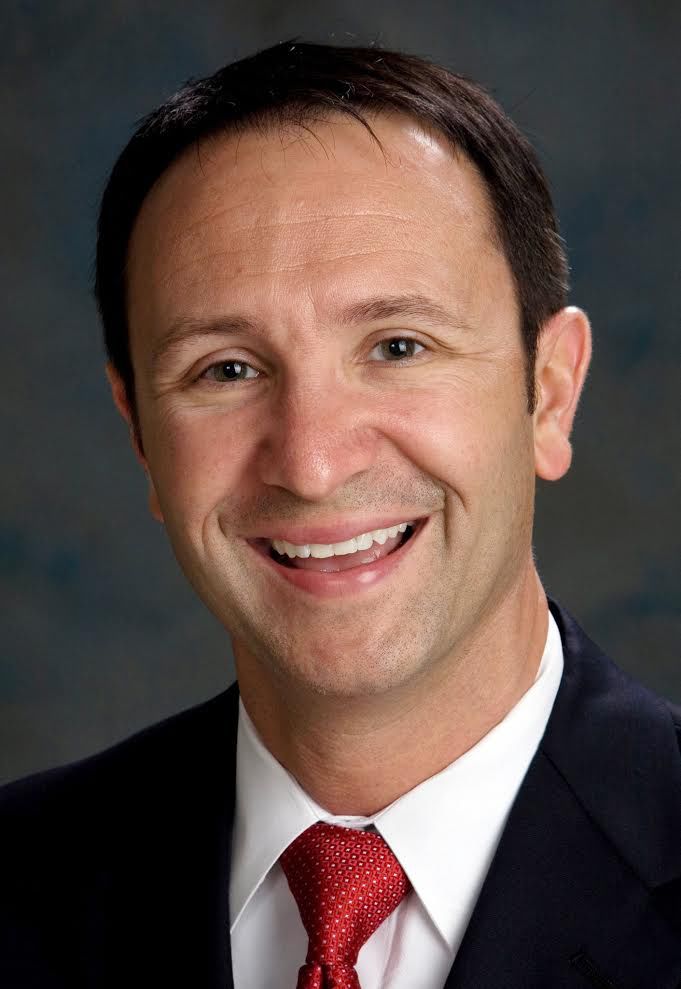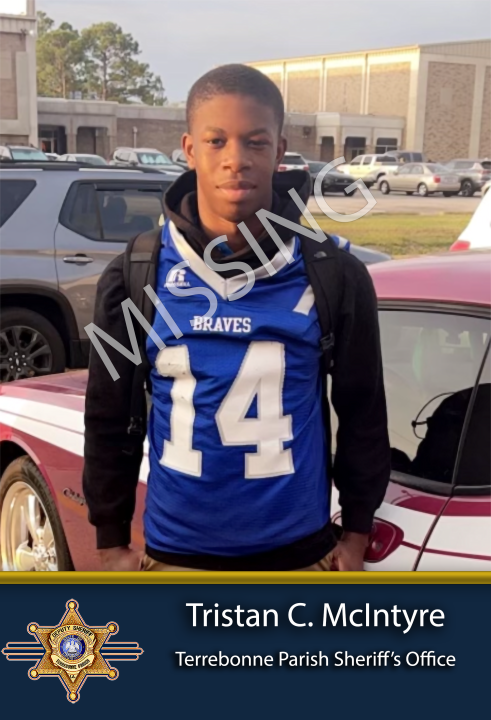
Capsized in the storm: Huddled in a shrimp-box, a fisherman survives
September 6, 2017
Terrebonne ponies up for HNC deepening
September 6, 2017Louisiana’s attorney general will appeal a judge’s ruling that the method of selecting judges in Terrebonne Parish violates federal statute as well as the U.S. Constitution, but the local civil rights leader who pushed the matter into court expresses confidence that the decision will prevail.
“The judge did not rule outside the law in this case, he ruled according to the law,” said Terrebonne Parish NAACP President Jerome Boykin, a plaintiff in the case. “They are grabbing for straws, anything they can hold on to. They know heir kingdom is coming down.”
U.S. District Court Judge James Brady ruled in favor of Boykin and other plaintiffs earlier this month, finding that at-large election of judges for the 32nd Judicial District violates Section 2 of the U.S. Voting Rights Act. That determination – along with an opinion that the practice violates the U.S. Constitution – closes the first part of a bifurcated case. Now comes the matter of remedying the situation.
Attorney General Jeff Landry’s office has issued statement saying he plans to appeal, but they have not determined yet how that will be accomplished.
Attorneys for both sides will be in Brady’s Baton Rouge courtroom Nov. 12, as he sets the rules for how violations will be remedied.
The NAACP favors dividing the judicial district into five sub-districts, one representing each bench of the Terrebonne Parish judiciary. One of those sub-districts would be drawn to allow a majority of black registered voters. This, theorists maintain, would allow black voters a greater chance of selecting a candidate of their choice.
The state is free to present its own plan, which the judge may approve or disapprove.
Actual change to the voting method may not occur for some time, as the remedy will likely be legislative.
Members of the NAACP and their supporters met at their West Park Avenue offices Saturday night to celebrate the ruling. The literally standing-room only crowd, according to Boykin’s estimate, numbered 150 or more.
“This was the most people that ever came to the NAACP headquarters,” Boykin said. “It was something to celebrate, because these kind of things don’t happen every day.”
During remarks at the event Boykin predicted that Terrebonne Parish President Gordon Dove’s opposition to the NAACP attempt for a minority sub-district lost him any black support he might have for re-election. He also said that his organization would push during redistricting to have Terrebonne Parish included in a legislative or senate district that will be more inclusive, giving black voters a better chance to be heard in Baton Rouge.
State representatives will have to put forth legislation to have Brady’s order enacted, and Boykin is not certain those who currently represent Terrebonne Parish can be counted on to make that happen.
“The trust is not there because they are too tied to the people who have opposition,” Boykin said. “This is a clear example of how we need a black senator. We are long overdue for a black representative.”
If no local state representative presents the necessary legislation for correcting the way judge in Terrebonne are selected, Boykin said, then the task may fall to a member of the black legislative caucus from some other area of the state.
“We are long overdue for a black representative and a black senator,” Boykin said. “The situation we are in now is where we have to go to other people in order to get our issues brought to the forefront.”
Parish President Dove has not returned calls for comment on Brady’s ruling. During the trial Dove attempted to have the parish included as a defendant in the case, a move the judge denied.
“We are still going to prevail,” Boykin said.










